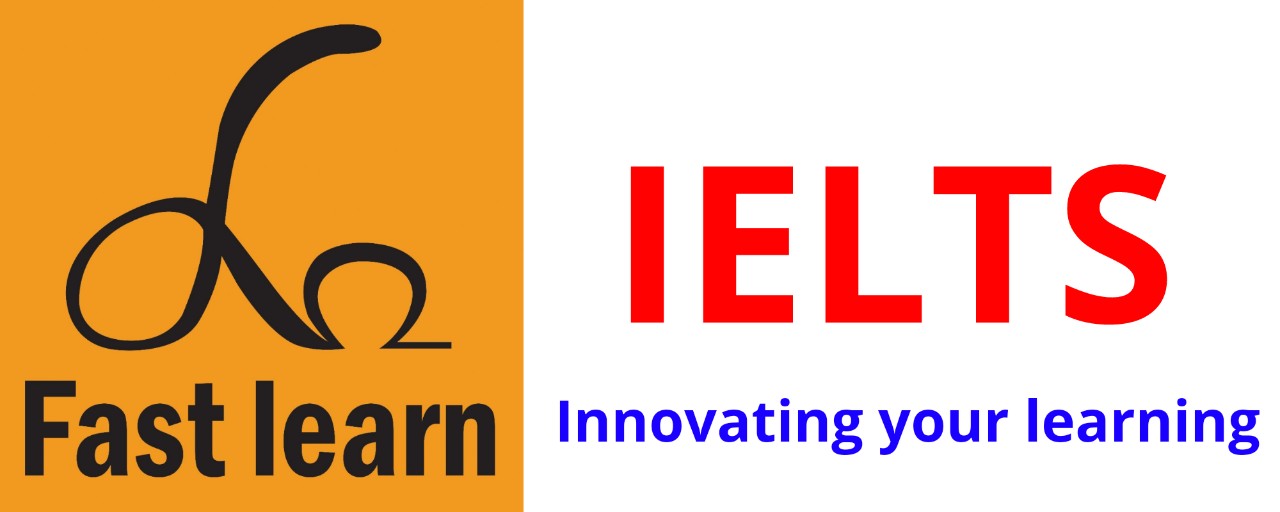ARTICLE 1
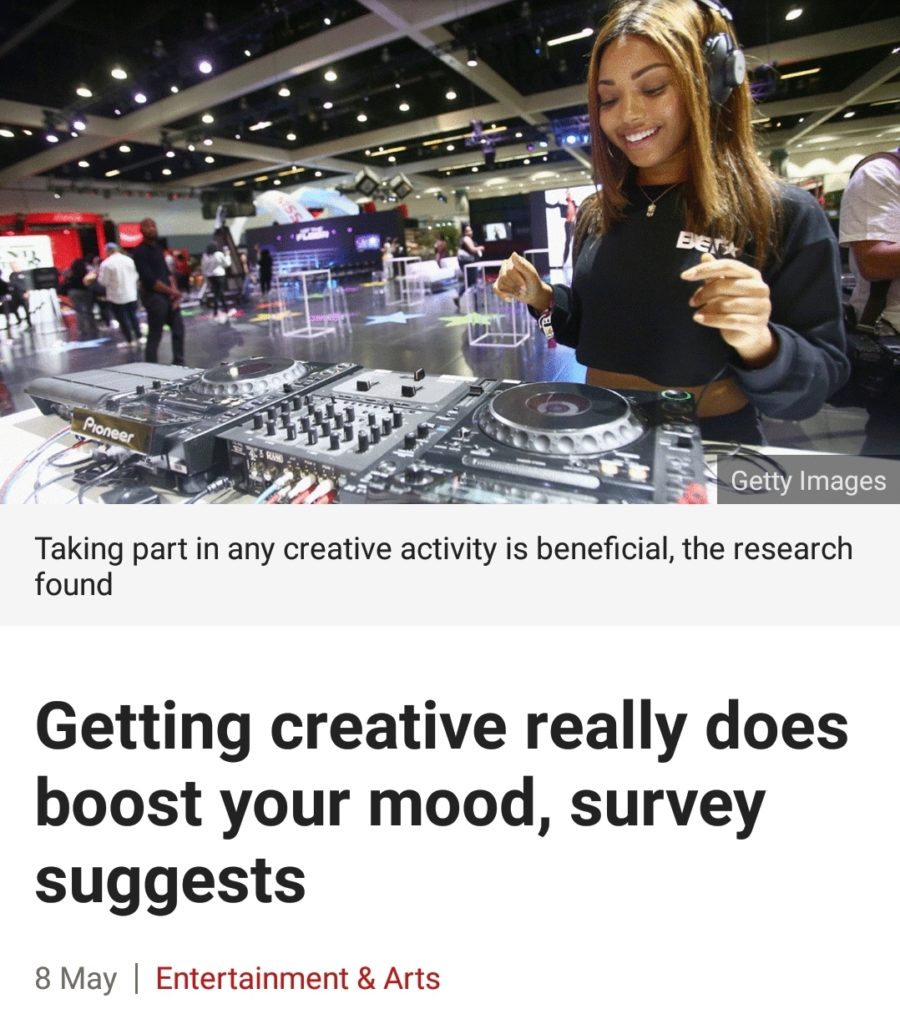
Pottery, painting or piano-playing – whatever gets your creative juices flowing will boost your mood, according to new research.
Almost 50,000 people took part in the BBC Arts Great British Creativity Test.
It suggested that being creative can help avoid stress, free up mind space and improve self-development, which helps build self-esteem. (tự trọng)
The findings also said there are emotional benefits from taking part in even a single session of creativity.
But there are cumulative benefits (lợi ích tích lũy, cộng dồn lại) from regular engagement in arts activities and trying new pursuits is particularly good for our emotions and wellbeing, it suggests.
The results were revealed on Wednesday as part of the Get Creative Festival – the UK-wide celebration of creativity that runs from 11-19 May.
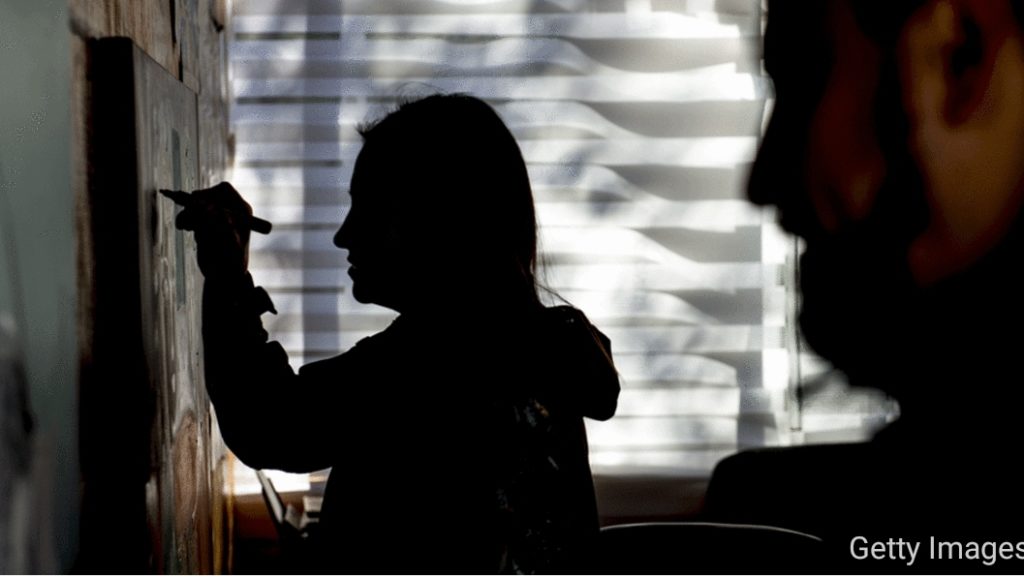
The survey found that, of the sample:
76% of participants used creative activities as a “distraction tool” to block out stress and anxiety
69% used them as a “self-development tool” to build up self-esteem and inner strength
53% used them as a “contemplation tool” (công cụ suy ngẫm) to get the headspace to reflect on problems and emotions
The survey also revealed that the most benefit comes from taking part in live creative activities that involve face-to-face social interaction, like singing in a choir (/ˈkwaɪə/ dàn hợp xướng) or taking part in a group painting class.
Virtual creative experiences also have some benefits, but there is not as much gain.
The research project was led by Dr Daisy Fancourt, a senior research fellow at UCL.
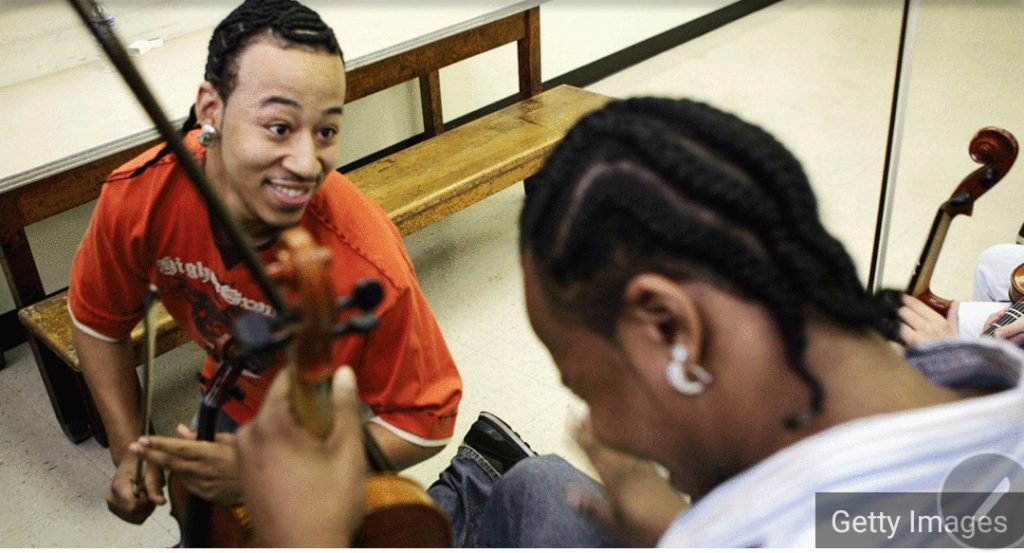
Dr Fancourt said: “You don’t actually have to take part for a long time for it to have benefits – you actually get benefits from single sessions.
“Also, we find that for somebody who’s been doing the same activity for more than 10 years, it actually starts to have less of an effect. So there’s a definite benefit to novelty. (cái mới)
“And we also found that talent doesn’t affect this relationship. It’s not about being good at it – it’s genuinely the taking part that counts.” (quá trình mới là quan trọng – chứ không phải sản phẩm cuối cùng quan trọng)
As part of the Get Creative Festival 2019, people will be invited to take a Feel Good Test to find out how getting creative could benefit them.
BBC Arts editor Lamia Dabboussy said: “Lots of us lead increasingly busy lives and this research shows that even a small amount of time spent on creative pursuits (theo đuổi sự sáng tạo) can really make a difference.
“I hope the results will give audiences the inspiration and confidence to take up a new creative hobby in 2019.”
The top 10 most popular creative pastimes from the survey sample were:
- Singing – 12.4%
- Painting, drawing, printmaking or sculpture – 12.2%
- Gardening – 12%
- Reading novels, stories, poetry or plays – 11.9%
- Playing a musical instrument – 9.8%
- Cookery or baking – 9.8%
- Crafts – EG knitting (dệt) and embroidery (thêu)- 7.8%
- Creative writing – 6.8%
- Dancing – 5.5%
- Photography 4.7%
ARTICLE 2
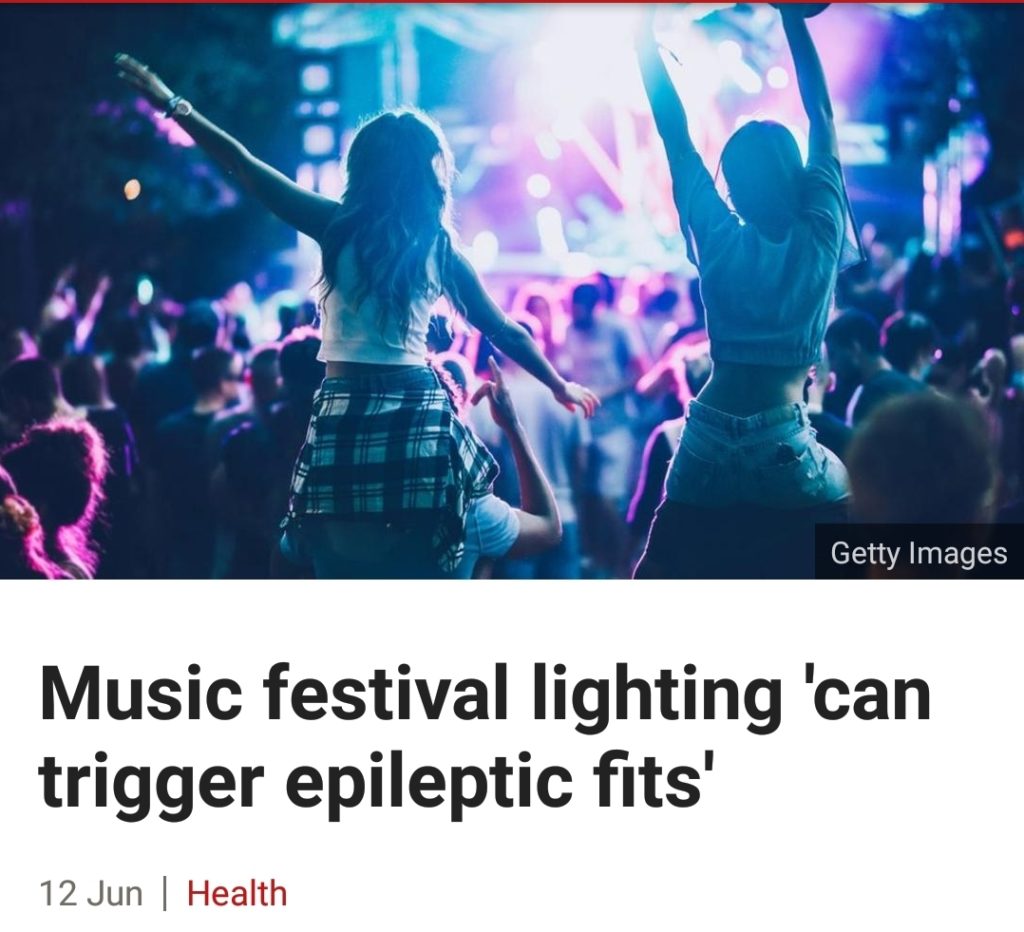
Strobe lighting (đèn nháy) at music festivals can increase the risk of epileptic (động kinh) seizures, (sự lên cơn) researchers have warned.
The Dutch team said even people who have not been diagnosed with epilepsy might be affected.
Their study was prompted by the case of a 20-year-old, with no history of epilepsy, who suddenly collapsed and had a fit at a festival. (lên cơn động kinh/ nổi giận)
The Epilepsy Society said festivals should limit lighting to the recommended levels.
Epilepsy is a condition that affects the brain. There are many types, and it can start at any age.
Around 3% of people with epilepsy are photosensitive, (nhạy cảm với ánh sáng) which means their seizures are triggered by flashing or flickering lights, (đèn chớp nháy) or patterns.
The Health and Safety Executive recommends strobe lighting should be kept to a maximum of four hertz (four flashes per second) in clubs and at public events.
‘Life-affirming’
The researchers studied electronic dance music festivals because they often use strobe lighting.
They looked at data on people who needed medical care among the 400,000 visitors to 28 day and night-time dance music festivals across the Netherlands in 2015. The figures included 241,000 people who were exposed to strobe lights at night-time festivals.
Thirty people at night-time events with strobe lighting had a seizure, compared with nine attending daytime events.
The team, led by Newel Salet of the VU Medical Centre in Amsterdam, writing in BMJ Open, said other factors could increase the risk of seizures.
But they added: “Regardless of whether stroboscopic lights are solely responsible or whether sleep deprivation (thiếu ngủ) and/or substance abuse also play a role, the appropriate interpretation is that large [electronic dance music] festivals, especially during the night-time, probably cause at least a number of people per event to suffer epileptic seizures.”
They advise anyone with photosensitive epilepsy to either avoid such events or to take precautionary measures, (biện pháp phòng ngừa) such as getting enough sleep and not taking drugs, not standing close to the stage, and leaving quickly if they experience any “aura” effects. (tác động ánh sáng: aura là hào quang)
Mr Salet told BBC News: “If a person has no predisposition (bẩm chất dễ mắc bệnh gì) for epilepsy, then factors like strobe lighting will not have any effect. However, most people are unaware of this predisposition they might have: more than a couple of cases explicitly (1 cách minh bạch) reported this to be the first time they experienced an epileptic fit.”
Clare Pelham, chief executive at the Epilepsy Society, said: “The festival season has become something of a rite of passage. (tiệc đánh dấu bước ngoặc quan trọng trong đời, thường là đánh dấu tuổi trưởng thành lúc 18 tuổi) We would encourage festival organisers to at least warn visitors that they are using strobe lighting so that festival-goers can decide whether it will be safe for them to attend before buying their tickets.
“But it would be really life-affirming, (tốt cho cuộc sống) in these days when we aspire to inclusivity, (khao khát sự toàn diện, sự bao hàm tất cả) if organisers could do the responsible thing and keep the strobe lighting at a rate that should not pose a risk.
“The festival season is all about having a good time, but that should include everyone together, in a safe and supportive environment.”
